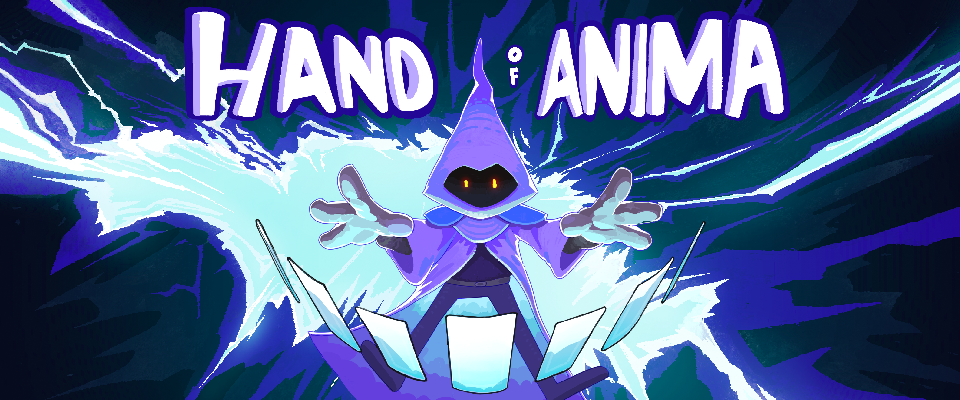The Hidden Hook: A Retrospective Analysis of Our Blind Spots in Game Development
It can be hard to stand out as an indie game developer without selling potential players on what makes your game enticingly unique. For over a year, I have been solo-developing a roguelike deckbuilder called Hand of Anima, which primarily draws inspiration from Slay the Spire (an amazing game). I wanted to expand on the genre by adding a mechanic from one of my favorite childhood games, Yu-Gi-Oh! Forbidden Memories - fusion. That game is ridiculously hard, especially for a kid. But I loved it anyway. Fusing cards together aimlessly until you get something that works, or better yet, is powerful? That was the magic for me. But my nostalgia blinded me and sent me down a bad game design path.
What went wrong?
Fusion is Hand of Anima's hook - you can fuse compatible cards together in-battle to make them even stronger. But when I recently released Hand of Anima's first pre-alpha demo, I got one piece of universal feedback. They didn't know fusion was in the game until they saw a post about it in my game's community Discord. That's a big problem. But once they were aware of the fusion mechanic, they were hooked on how good it felt (sorry).
My game's hook became a blind spot, or a part of my game where, because I designed and developed it, I assumed everyone was as aware of the fusion mechanic as I was. Finding playtesters for your game early and often are incredibly helpful for gathering feedback like this, because would a real new player stick around the game long enough to accidentally discover fusion? Would they be motivated enough to join a community Discord? The answer is a resounding no. If I didn't fix this oversight, I was going to lose players who would have otherwise enjoyed my game. That's a tough pill to swallow.
How did I fix it?
After gathering lots of helpful feedback, I gained a better understanding of what I needed to do to educate new players about the fusion mechanic. I was sure I didn't want an obligatory and intrusive tutorial, so I opted for a few changes to improve clarity and education of the mechanic:
- Each turn, when you can create a fusion with cards in your hand, a small (non-intrusive) notification slides in to let you know that you can fuse some of the cards in your hand together. You can disable this setting in-game at any time.
- Cards that have compatible fusion partners in your hand will glow purple to indicate that they can be fused. This is also noted in the above notification.
- When right-clicking a card to fuse it (controller support on the way!), compatible fusion partners in your hand will raise slightly to draw attention to them, while greying out the cards that can not be fused with the selected card. This creates a much cleaner and clearer fusion experience.
Conclusion
I'm hopeful that the changes I implemented are sufficient to onboard new players to the fusion mechanic, but I also recognize I'm too close to the game to know for sure. More playtesting will continue to reveal blind spots like this in my game, because while fusion was the most important blind spot to uncover, there are surely many more yet to be uncovered. After all, that's what makes them blind spots - I don't know they exist yet.
Get Hand of Anima
Hand of Anima
A roguelike deck-builder where you can fuse cards together.
| Status | In development |
| Author | Kevin Hill |
| Genre | Card Game |
| Tags | Deck Building, Roguelike, Turn-based |
| Languages | English |
More posts
- Pre-Alpha 1.4.0 Release NotesFeb 29, 2024
- Pre-Alpha 1.3.0 Release NotesFeb 25, 2024
- Pre-Alpha 1.2.0 Release NotesFeb 10, 2024
- Pre-Alpha 1.1.0 Release NotesFeb 05, 2024

Leave a comment
Log in with itch.io to leave a comment.